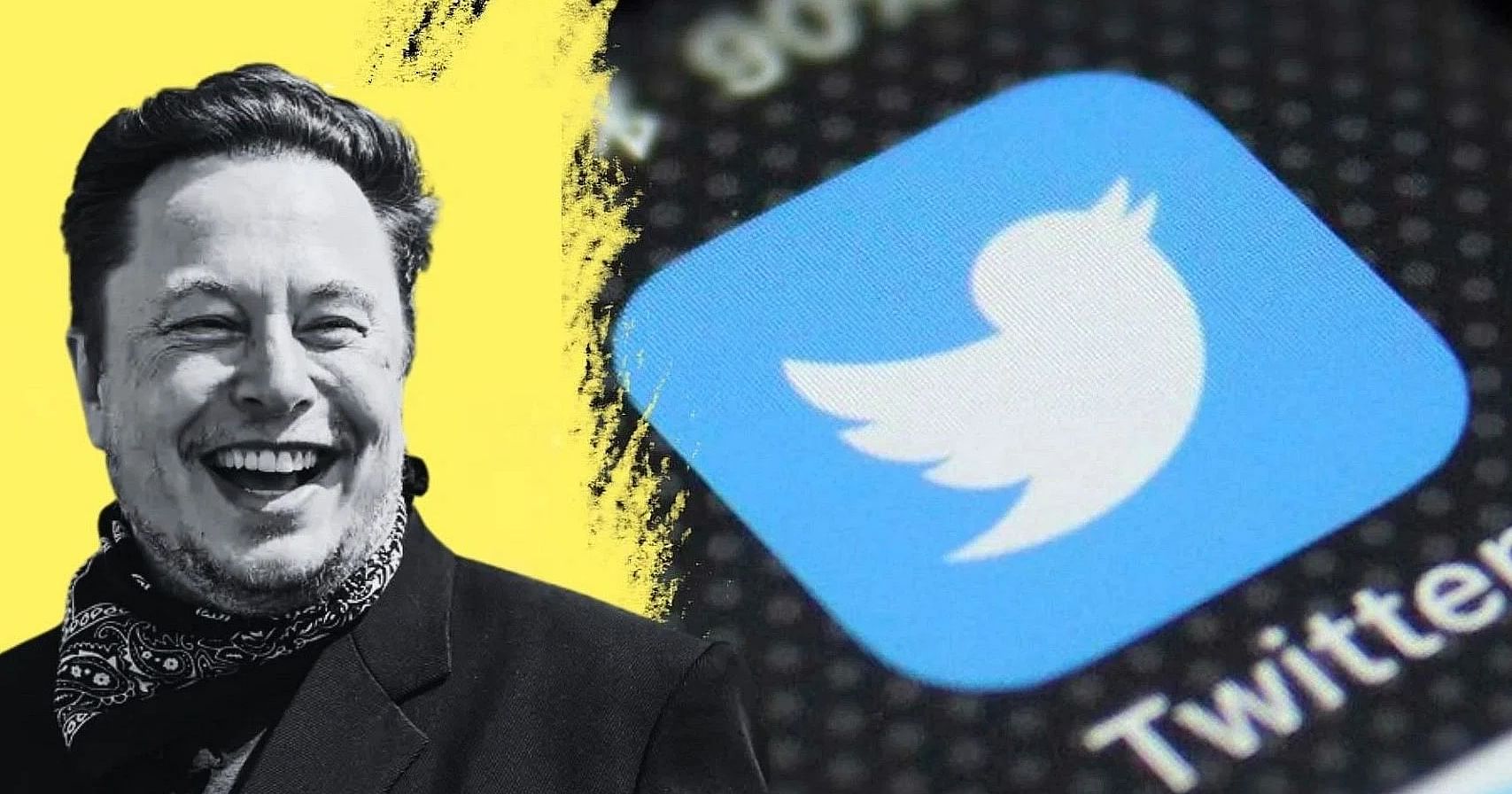According to multiple news reports, Twitter plans to give Elon Musk access to its “firehose” of raw data on hundreds of millions of daily tweets in an effort to speed up the Tesla billionaire’s $44 billion acquisition of the social media platform. The data-sharing agreement was not confirmed by the lawyers involved in the deal. Musk was silent on Twitter, despite having previously expressed his displeasure with various aspects of the deal.
Twitter declined to comment on the reports, pointing to a statement released on Monday in which the company stated that it is continuing to “cooperate” and share information with Musk. Musk, who in April entered into a legally binding agreement to purchase Twitter, claims that the transaction cannot go forward until the firm discloses more information on the frequency of bogus accounts on its network. He claims, without providing evidence, that Twitter has grossly underestimated the number of “spam bots” on its platform, which are automated accounts that typically promote scams and misinformation.
On Monday, the Attorney General of the State of Texas, Ken Paxton, said that his office will be investigating “possible false reporting” of bot activity on Twitter as part of an inquiry against Twitter for allegedly failing to disclose the scale of its spam bot and fake account activity. According to a source familiar with the situation, Twitter’s plan to give Musk full access to the firehose was first reported by the Washington Post. According to other reports, the billionaire may only have limited access.
Musk’s efforts to exploit the spam bot problem as a way to throw doubt on the future of the merger might be thwarted by Twitter’s rumored offer. Musk’s lawyers accused Twitter of withholding information about the true number of bot accounts on Twitter this week. When reached Wednesday afternoon, Mike Ringler, the Palo Alto, California, an attorney who signed the Monday letter, told the Associated Press he was not at liberty to comment on the matter.
For years, fake social media accounts have been a problem. Advertisers make decisions about where they will spend money based on the number of users provided by social media platforms. Spam bots are also used to spread misinformation and amplify messages. Twitter and its investors are fully aware of the issue of phony accounts.
For years, the business has told the US Securities and Exchange Commission about its bot projections, while simultaneously warning that the estimate may be too low. According to Twitter CEO Parag Agrawal, the company has consistently assessed that less than 5% of its accounts are spam. Musk, on the other hand, has questioned that statistic, claiming in a May tweet that 20 percent or more of Twitter accounts are fake, despite the lack of proof.
Source: FreePressJournal

